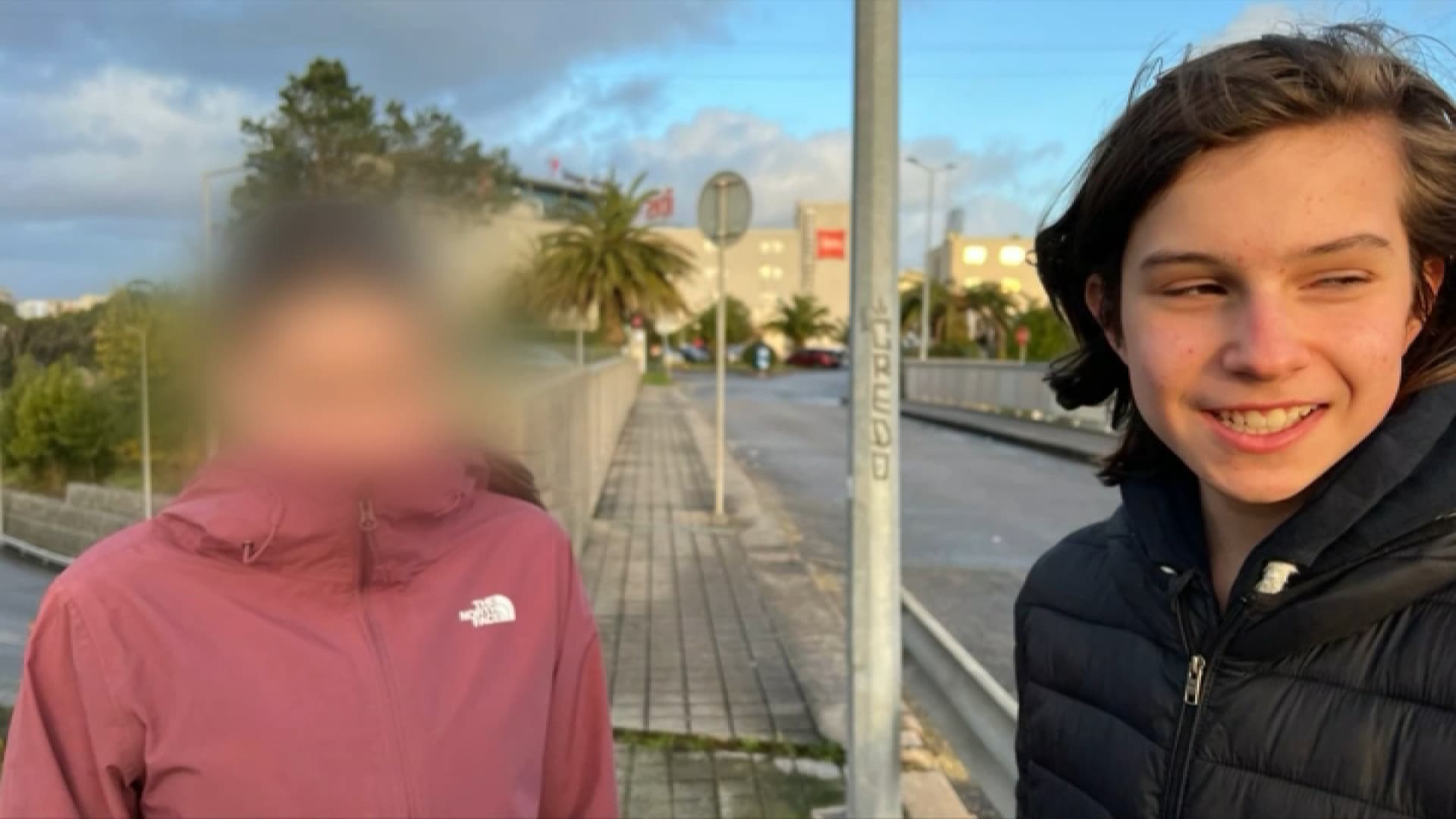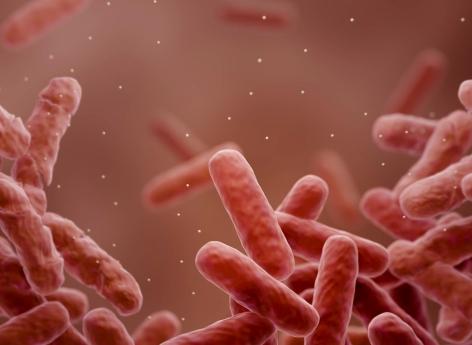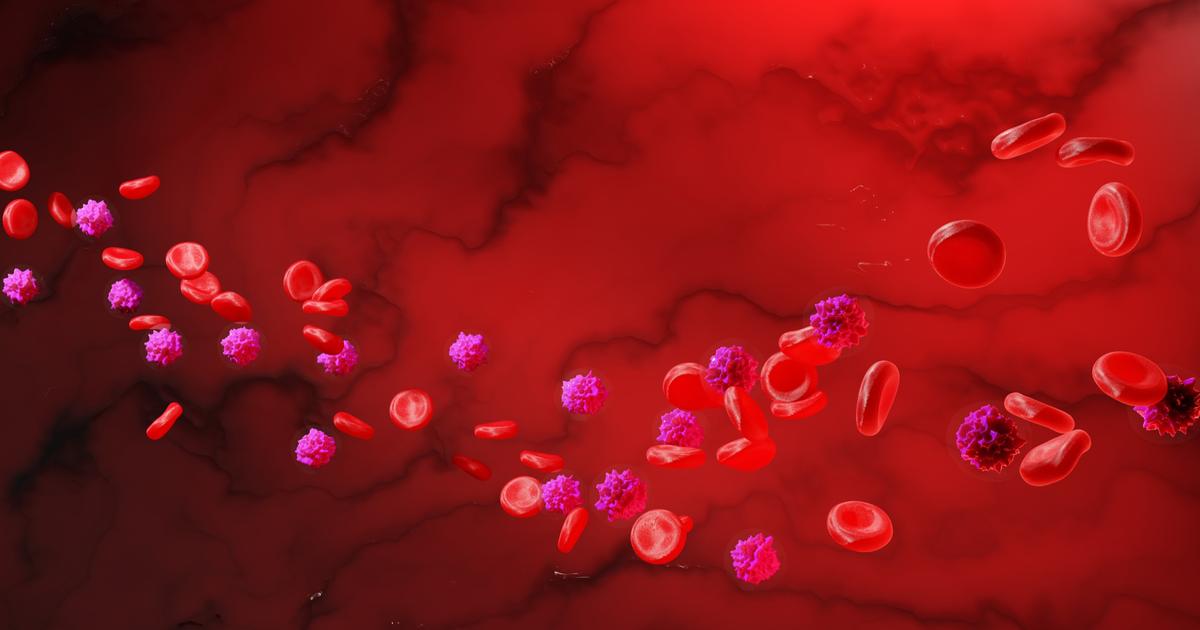The recovery of a teenager with brain cancer raises high hopes

As soon as his illness was announced, Lucas joined a clinical trial during which he was given radiotherapy sessions and new treatments.
A miraculous patient who defies all predictions. Suffered from brain stem infiltrating glioma, one of the most dangerous forms of childhood brain cancer, when he was a child, Lucas, a 13-year-old Belgian teenager, is now considered cured. A unique phenomenon in the world, which raises great hopes for research.
Despite advances in the treatment of pediatric cancer, this tumor, which affects 50 to 100 children and adolescents every year in France and is considered incurable, remains a major challenge for world medicine, at the center of World Day this Thursday, February 15.
“We can’t believe our eyes”
In Lucas’s case, after the discovery of his illness, the young patient joined a clinical trial, during which he was given radiotherapy sessions and a new treatment. Dr. Jacques Grill, pilot of the Brain Tumor Program in the Department of Pediatric Oncology at the Gustave-Roussi Anti-Cancer Center, recalls his surprise at the first results.
“During the first year, the tumor disappeared. We continued with the MRI, we couldn’t believe our eyes and we told ourselves ‘it will reappear'”, he told BFMTV.
After all, “Lucas blew up all the counters of life,” adds the professional, this time to AFP. Despite these miraculous results, the professor decided to continue the drug treatment. Until he found out that a year and a half ago, the child himself had stopped taking it.
“Such a case, I don’t know of anyone else in the world,” confides the doctor, whose team started researching this cancer about fifteen years ago.
Although the five-year survival rate for pediatric cancers now approaches 85%, some of them, including infiltrative brainstem glioma, continue to be a headache for the medical profession.
Current research
Now the reasons for this cure remain to be understood. Inoperable, these cancers are usually treated with radiotherapy, which sometimes helps slow the disease but whose effects are short-lived.
No drug has yet demonstrated its effectiveness. Progression is very rapid indeed and the outcome is usually fatal within 9 to 12 months after the tumor is discovered.
“Lucas’ tumor had a very rare mutation and we believe it was this mutation that made his tumor cells more sensitive to the drug,” adds the pediatrician, also a researcher at Insurm.
In an ongoing trial (Biomed), which compares the drug discovered by Lucas with a promising new treatment, the Gustave-Rousseau researchers are not only studying the genetic abnormalities of all patients’ tumors but also creating tumor organoids (3D copies of the patient). Tumors are studied in the laboratory to understand their biology and their sensitivity to drugs.
“We have models that allow us to replicate the somewhat complex characteristics of these tumors. The things we extract from the tumor will certainly allow us to treat other cases in the future,” explains BFMTV Marco Brucchi, genomics and postdoctoral expert. Oncogenesis of pediatric brain tumors.
“Lucas’ case opens up real hope: we will try to reproduce in vitro the changes we have identified in his cells,” argues Marie-Anne Debilly, the teacher-researcher overseeing the work.
Treatment in 10 or 15 years?
Specifically, medical teams want to find out whether the DNA changes Lucas introduced, once “reproduced” in other patients, also result in their tumors shrinking.
If this is the case, “the next step will be to find a drug that affects the tumor cells in a similar way to these cellular changes”, suggests Mary-Ann Debilly.
Enthusiastic about this new “therapeutic avenue,” doctors warn that it will take years to find a potentially curative treatment.
“It takes an average of 10 or 15 years between a track and a drug, it’s a long-term job,” Jacques Grill concludes.





